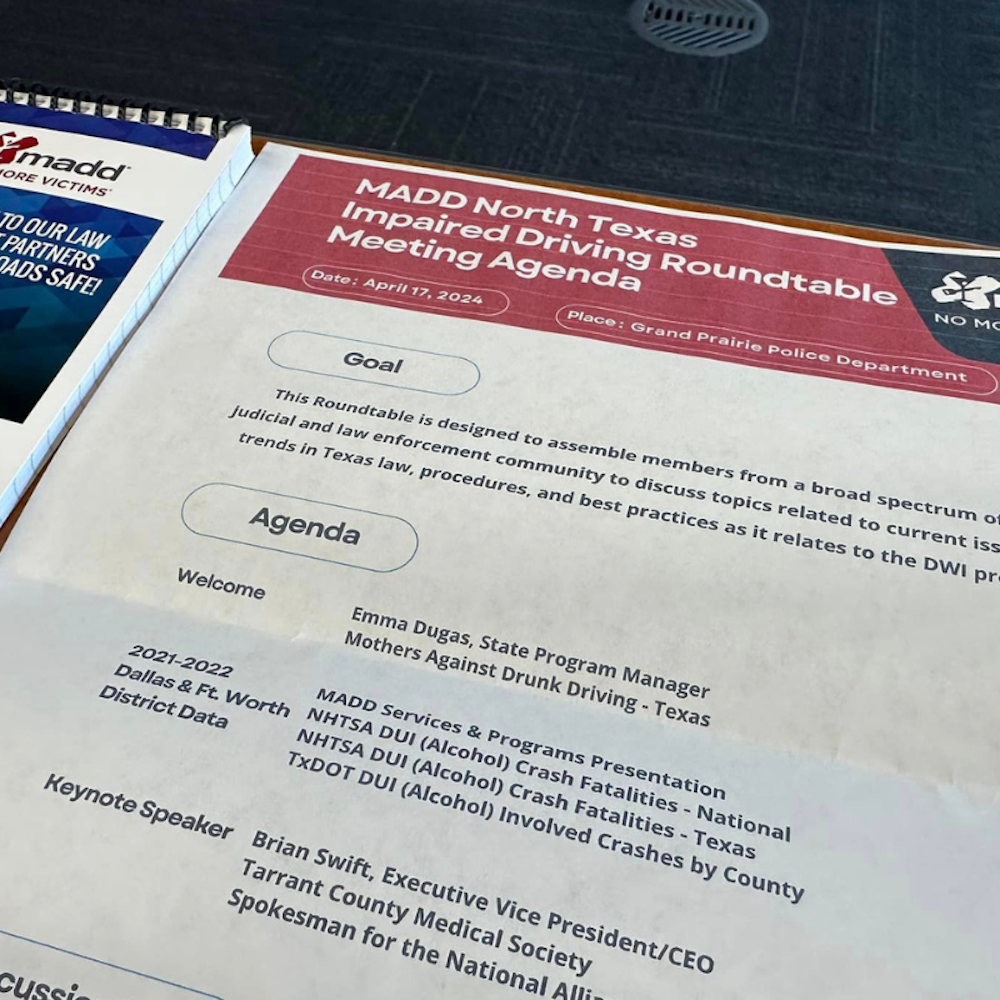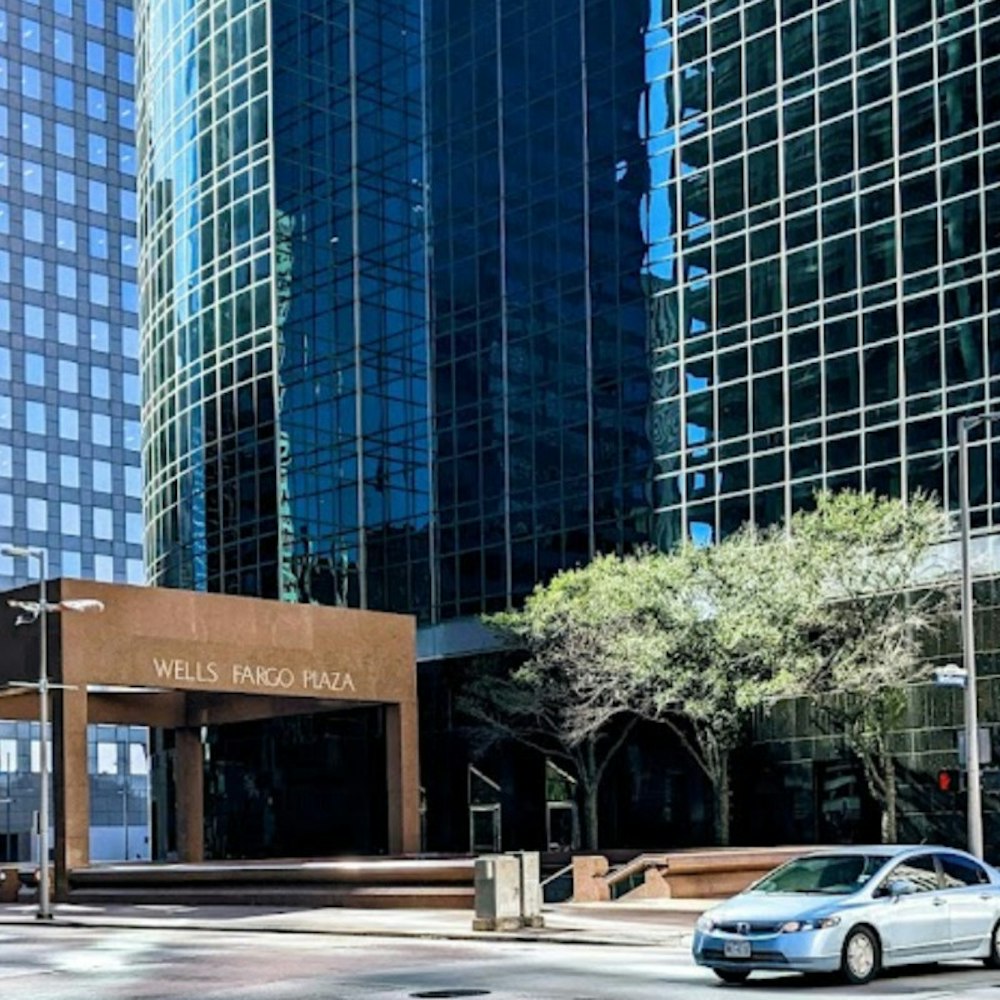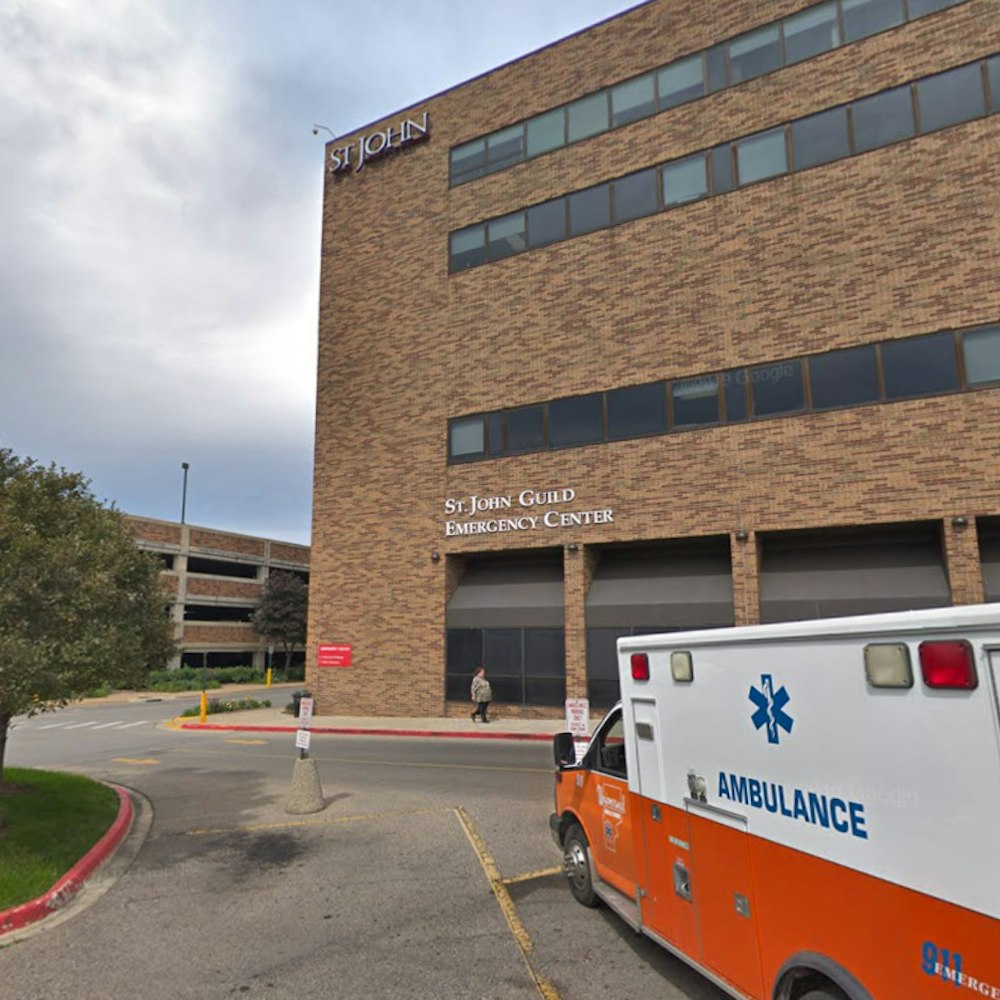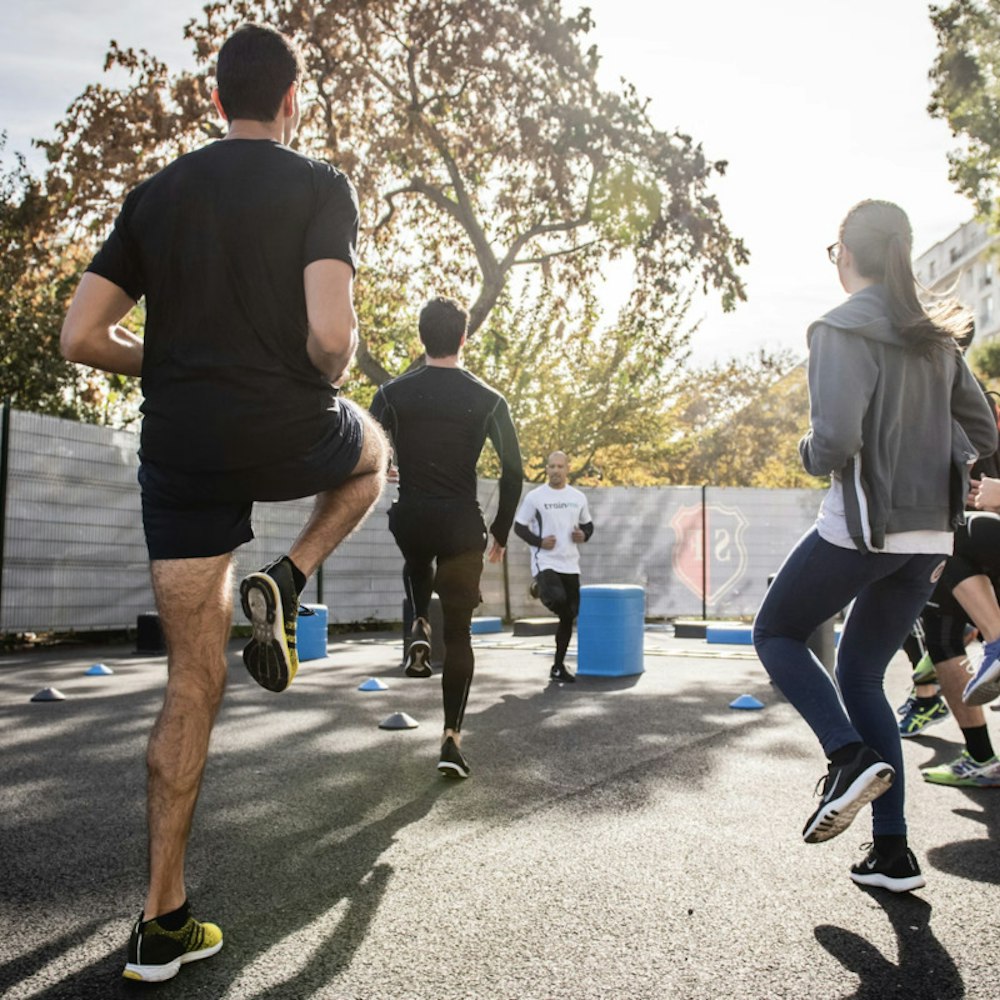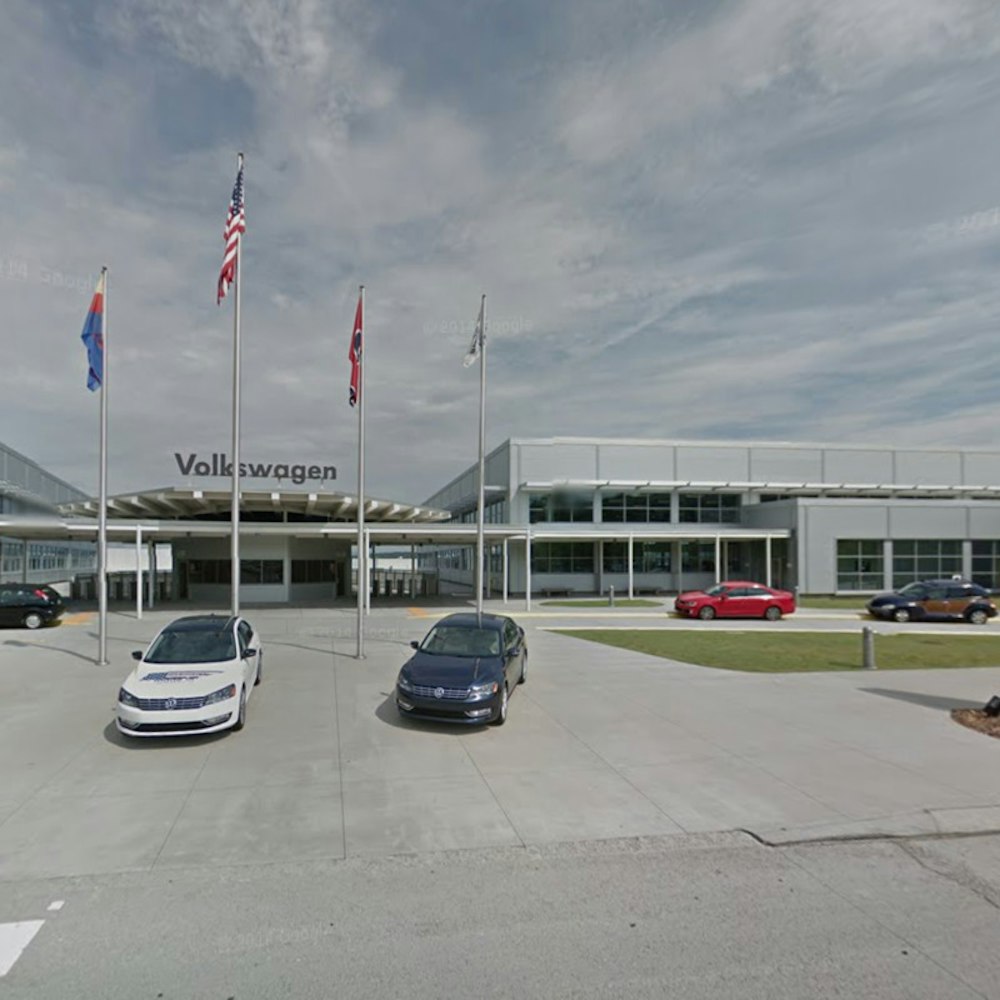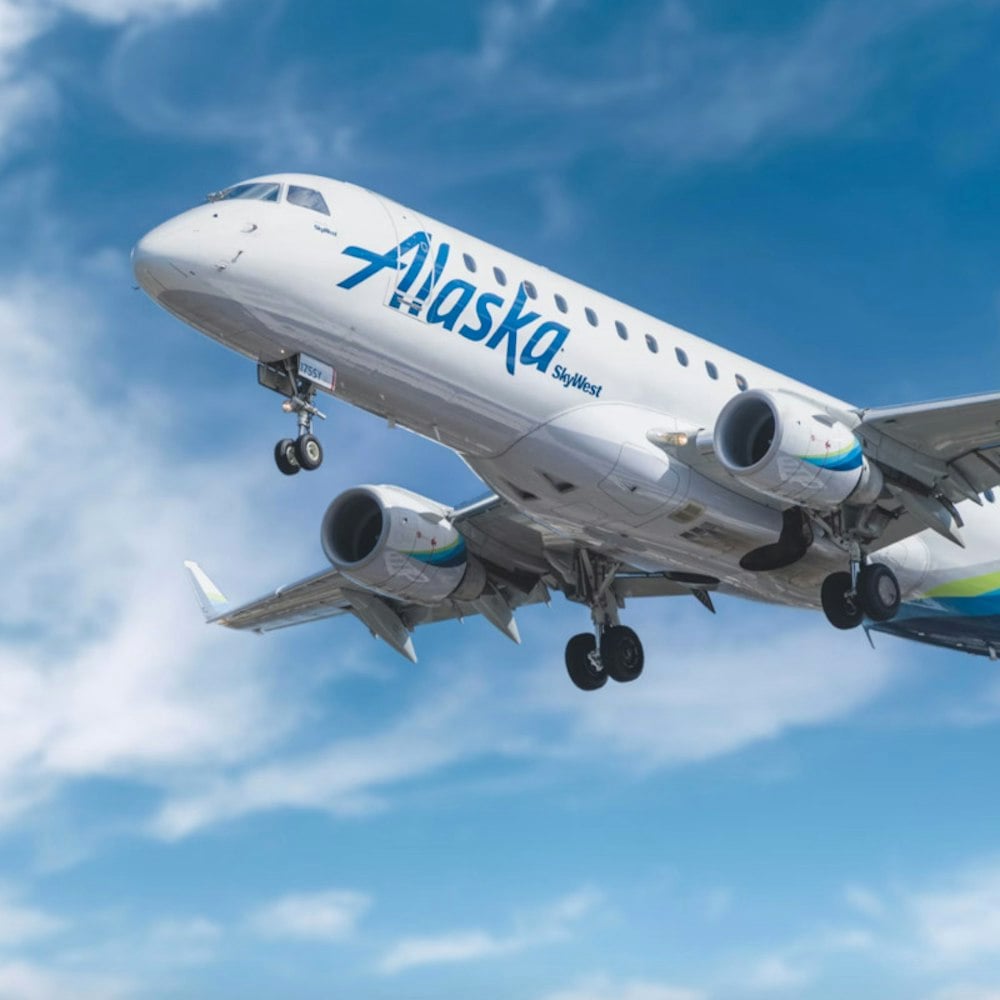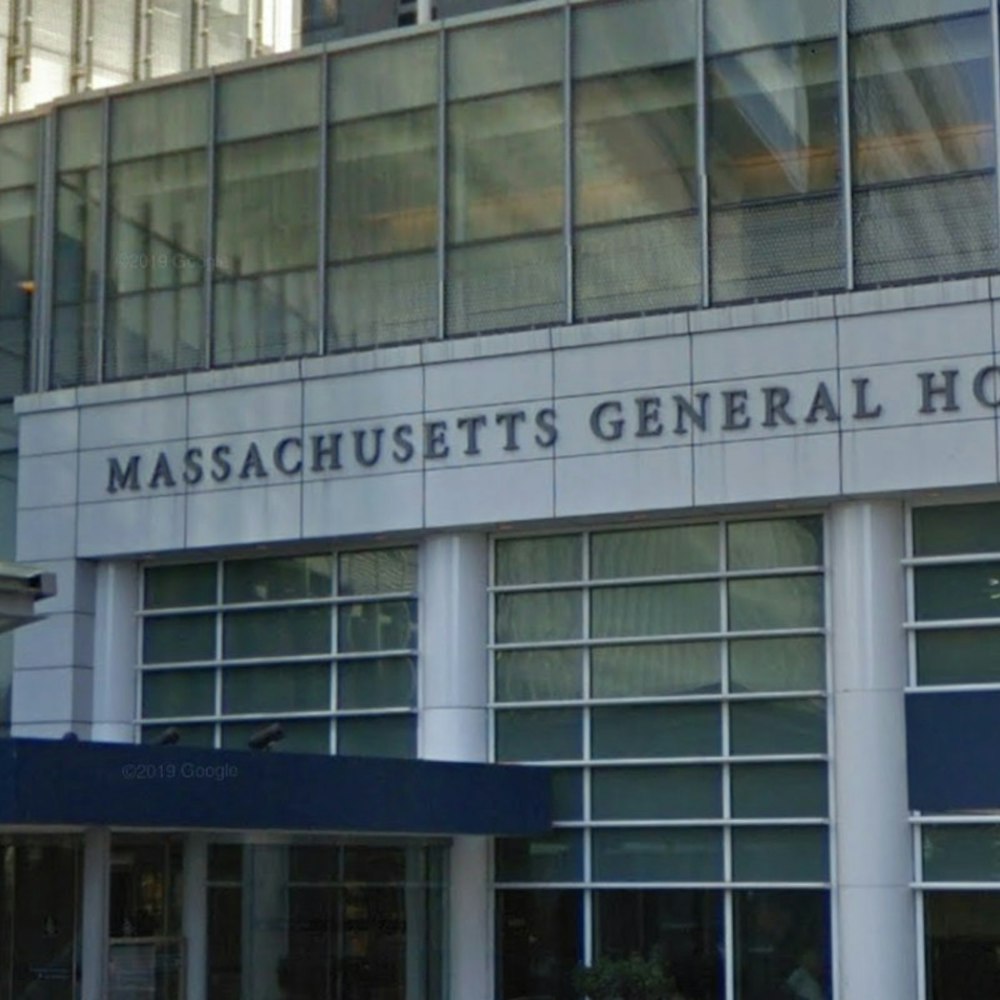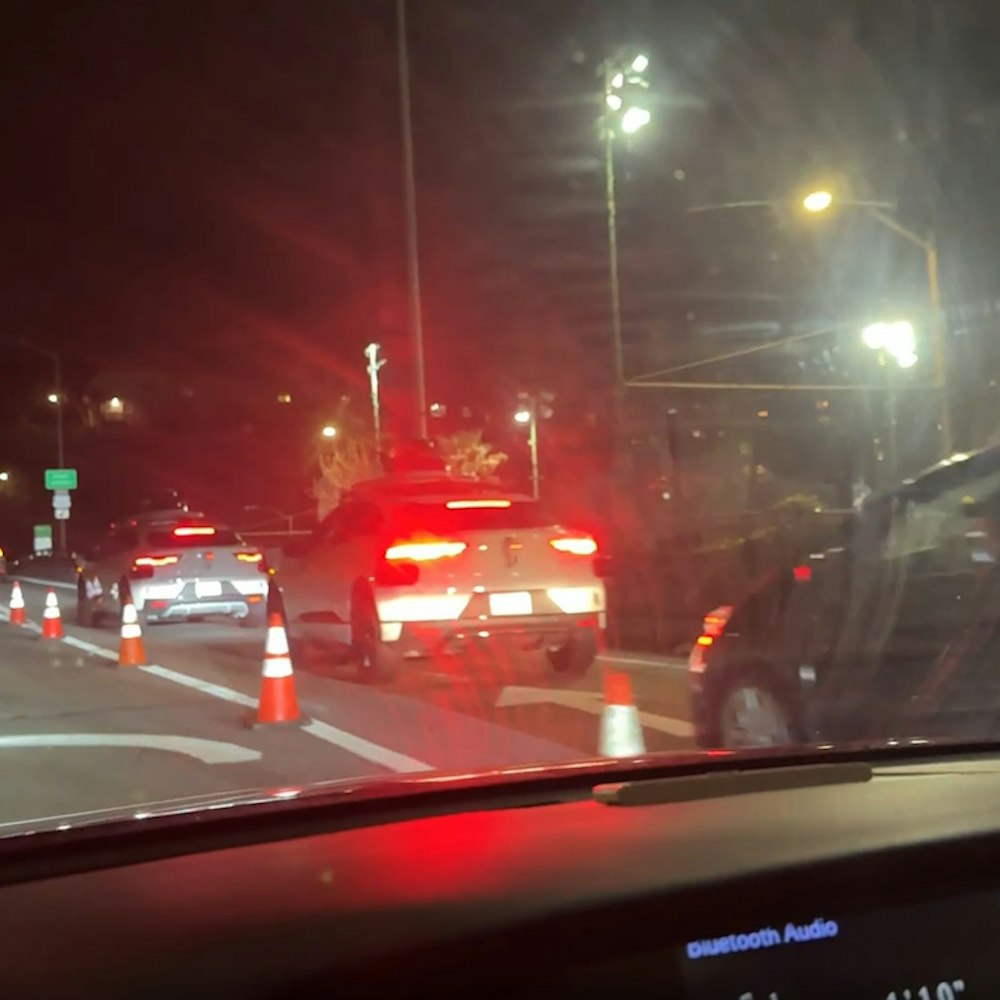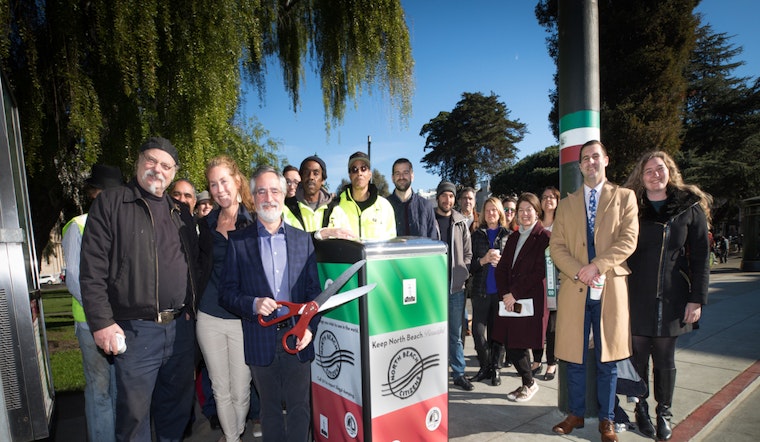
North Beach is the latest San Francisco neighborhood to finance its own fleet of high-tech Big Belly trashcans, in an effort to help get litter off its streets.
Installed last week, the five new trashcans are decked out in the colors of the Italian flag. On Friday, they were unveiled at a ribbon-cutting ceremony featuring District 3 Supervisor Aaron Peskin.
North Beach is the fifth neighborhood to install the “smart waste” cans, which can also be found in the Castro, Central Market, SoMa, and the Tenderloin. Unlike standard city receptacles, the solar-powered Big Belly cans are secured, to prevent people from going through the garbage and redistributing it on the streets.
With built-in compacting technology, they can also hold up to five times as much waste as the standard street cans maintained by SF Public Works, alerting garbage collectors remotely when they need to be emptied.
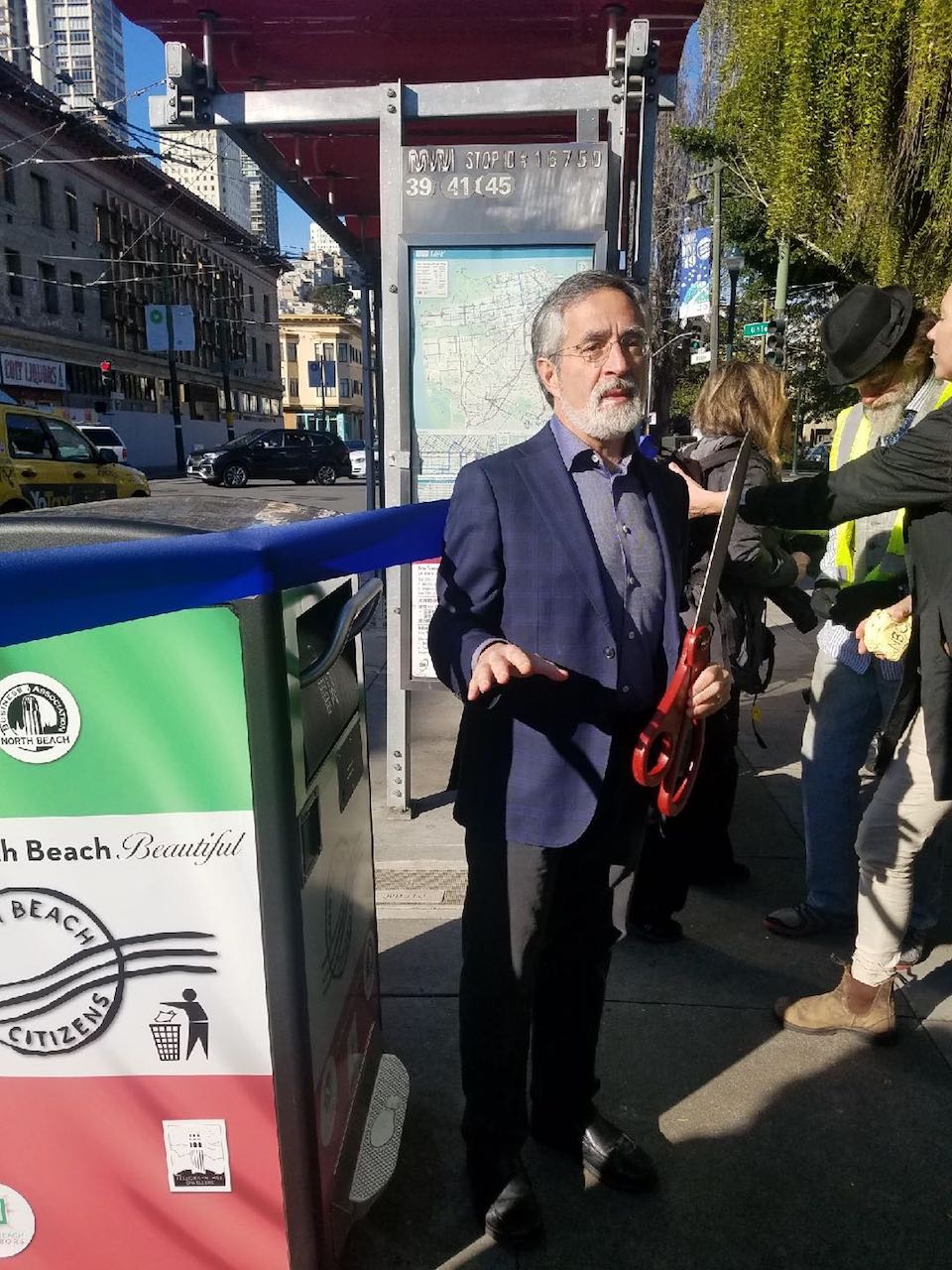
Previous rounds of Big Belly cans have been installed in partnerships between the city and various neighborhoods' community benefit districts (CBDs), which levy a tax on neighborhood businesses and residents to finance quality-of-life improvements.
But since North Beach has no CBD, the balance was a bit trickier. As Peskin explained, a coalition of neighborhood groups, including North Beach Citizens, the Telegraph Hill Dwellers, the North Beach Business Association, and North Beach Neighbors, all “put their money where their mouth is” to support the new trashcan installation.
Although the four organizations almost never see eye to eye on neighborhood policy, Peskin said, they were in agreement that a clean North Beach is the best North Beach. The city's Office of Economic and Workforce Development also kicked in some funding.
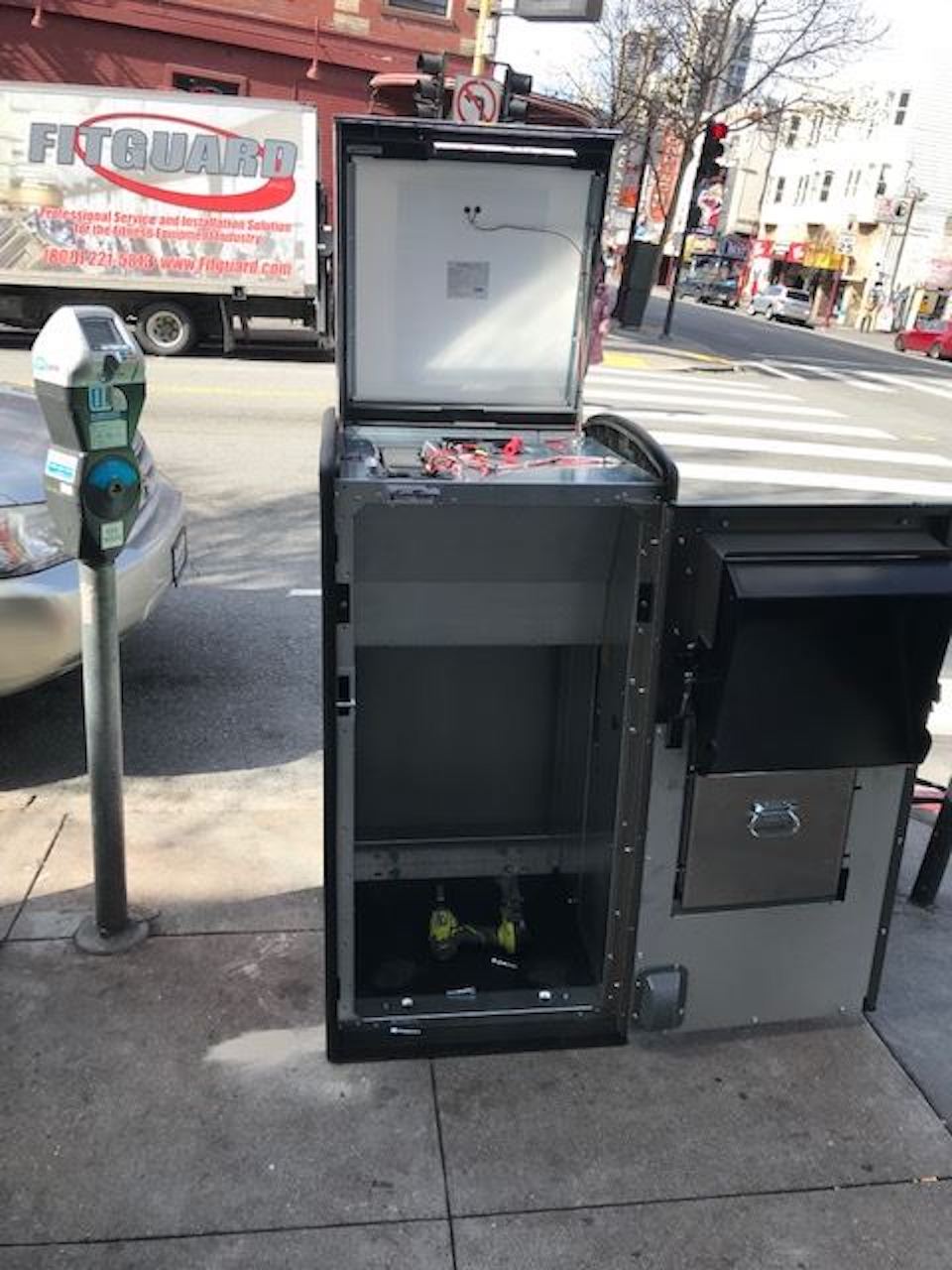
The installation of more Big Belly cans highlights an ongoing rift between SF Public Works and some city supervisors over trash. As the Chronicle reported in October, Public Works is opposed to the Big Belly cans for a number of reasons, ranging from their appeal to vandals to their vulnerability to technical malfunction.
“I’m not a big fan of the Big Belly — absolutely not,” SF Public Works director Mohammed Nuru told the Chronicle last year. He said that the cans are too expensive, and that they can only be leased, not purchased outright, which adds to their high price tag.
Peskin acknowledged that Public Works “has been resistant to Big Belly cans," but noted that neighborhoods that have received the new bins have reported cleaner sidewalks and fewer incidences of illegal dumping.
"Let’s be honest," he said. "Public Works’ trash cans suck.”
By June, 49 Big Belly cans will have been installed across the city as part of the effort, all monitored by the city's Fix-It team and the community, Gloria Chan, spokesperson for the Mayor's Office of Economic and Workforce Development told us.
The program, launched by former Mayor Mark Farrell last May, is a two-year pilot, so the cans are currently leased, but the CBDs and neighborhood organizations would have the option to purchase them if the new technology proves successful, Chan added.
